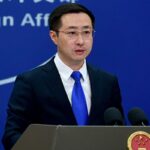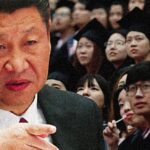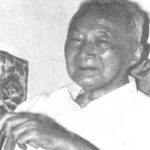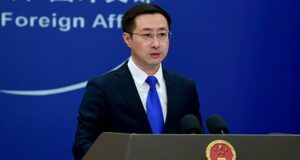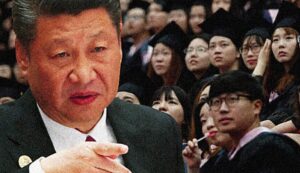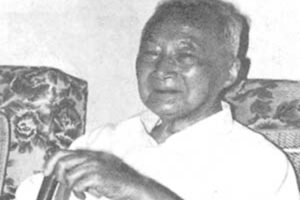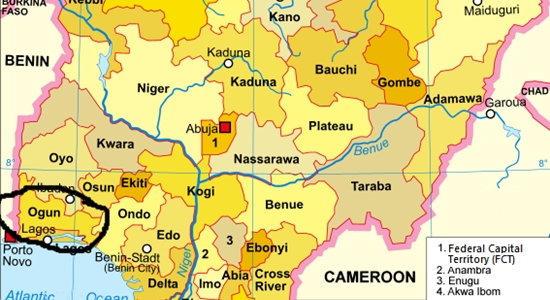
The Nigerian government says that a Chinese company, which may in effect mean the Chinese government, is “mounting a campaign to seize its assets overseas, including presidential jets” because of a deal with a state of Nigeria that went south (“Nigeria accuses company of trying to seize government assets,” August 15, 2024).
What’s happening is just one phase of a years-long dispute.
Presidential spokesperson Bayo Onanuga said Zhongshan Fucheng Industrial Investment Co. Ltd. is using “unorthodox means” to target Nigerian government property, despite having no contractual obligations with the federal government.
Zhongshan did not immediately respond to a request for comment.
The dispute stems from a 2007 contract between Zhongshan and Nigeria’s southwestern Ogun State to develop a free trade zone, which was terminated in 2015.
Onanuga said when the Ogun State contract was revoked in 2015, Zhongshan had done no more than erect a perimeter fence on the land earmarked for the free trade zone.
If we go by what the Nigerian spokesman, Onanuga, is saying, this year, 2024, Zhongshan obtained two orders from a French court to seize Nigerian assets, “including presidential jets undergoing maintenance in France” because Ogun has refused to pay up. But these orders have apparently not yet been executed.
Onanuga’s statement is quoted more fully at The Nation, a Nigerian newspaper (“Presidency exposes Chinese company’s failed attempts to strip Nigeria’s assets abroad,” August 15, 2024).
The [Nigerian] federal government is not under any contractual obligation with the company. The case in which Zhongshan is trying to use every unorthodox means to strip our offshore assets is between the company and the Ogun State Government.
The Federal Government is fully aware of efforts being made by the Ogun State Government to reach an amicable resolution on the matter.
It must be said without any equivocation that Zhongshan has no solid ground to demand restitution from the Ogun State Government based on the facts regarding the 2007 contract between the company and the State Government to manage a free-trade zone.
When the contract with Ogun State was revoked in 2015, the company had only erected a perimeter fence on the land earmarked for a free trade zone.
While the Attorney-General of the Federation and Minister of Justice is working with the Ogun State Government on an amicable resolution, Zhongshan obtained two orders from the Judicial Court of Paris dated March 7, 2024, and August 12, 2024, without any notice being duly served on the Federal Government of Nigeria and Ogun State Government.
This arm-twisting tactic by the Chinese company is the latest in a long list of failed moves to attach Nigerian government-owned assets in foreign jurisdictions….
We are convinced the Chinese company misled the Judicial Court of Paris regarding the use and nature of the assets it seeks to attach and did not fully disclose to the court as required by law. This same Chinese company had tried to enforce its questionable judgment in the UK and USA but failed…..
We want to assure Nigerians that the Federal Government is working with the Ogun State Government to discharge this frivolous order in Paris immediately.
Nigeria acknowledges the outcome of arbitration over the conflict between Zhongshan and Ogun: the arbitration panel awarded Zhongshan $60 million USD. But the Ogun state government decided to resist the judgment, a resistance that was “successful in eight different jurisdictions.”
It’s a mess. But it does look like China is trying to grab assets of the Nigerian federal government because a Nigerian state isn’t simply forking over $60 million. Ogun is one of 36 Nigerian states.
Strictly speaking, the episode is not illustrative of the hazards of signing up with China’s Belt and Road Initiative, which was launched under that name in 2013, several years after the Ogun–Zhongshan deal was signed. But it is illustrative of the hazards of doing any infrastructural or other deals with China. Yet Nigeria has been part of Belt and Road since 2018 and was getting funding from China for infrastructure projects for years before that.
